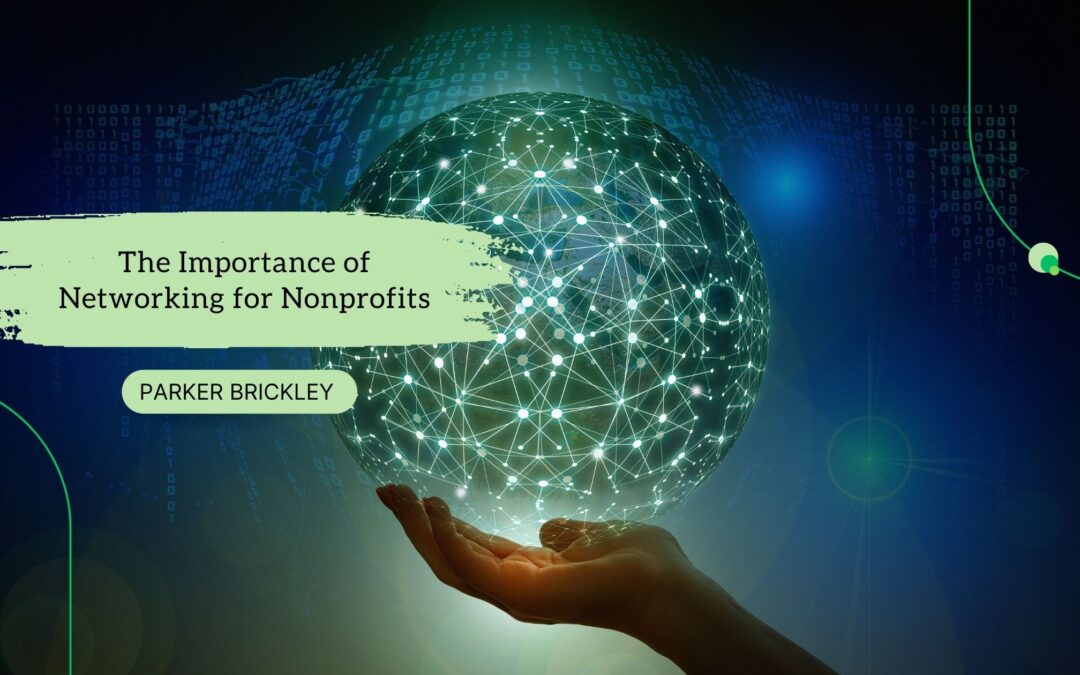In the realm of nonprofit organizations, the power of networking extends far beyond exchanging business cards and attending events. Establishing meaningful connections with individuals, businesses, and other nonprofits is a vital component of success in the charitable sector. Here’s why networking holds such significance for nonprofits and how it can contribute to their mission-driven endeavors.
Resource Mobilization:
Nonprofits often rely on a combination of financial and in-kind donations, volunteer support, and collaborations to fulfill their missions. Networking provides a platform to connect with potential donors, sponsors, and volunteers who share a passion for the cause. Building relationships with individuals and organizations opens doors to valuable resources that can fuel the nonprofit’s initiatives.
Collaboration Opportunities:
Collaboration is a powerful force in the nonprofit world. Networking allows organizations to identify potential partners with complementary goals or resources. By forming strategic alliances, nonprofits can amplify their impact, pool resources, and address complex issues more effectively. Collaborations may involve joint events, shared programs, or coordinated advocacy efforts, fostering a sense of unity within the nonprofit community.
Knowledge Exchange:
Networking serves as a conduit for knowledge exchange and learning within the nonprofit sector. Engaging with peers, mentors, and industry experts enables nonprofits to stay informed about best practices, emerging trends, and innovative approaches to addressing social challenges. This continuous learning process enhances organizational effectiveness and equips nonprofits with the tools needed to adapt to a dynamic philanthropic landscape.
Amplifying Advocacy Efforts:
Advocacy is a cornerstone of many nonprofit missions. Networking provides a platform for nonprofits to connect with like-minded individuals and organizations, expanding their reach and influence. By amplifying their advocacy efforts through a network of supporters, nonprofits can raise awareness, garner public support, and effect positive change on a broader scale.
Building Trust and Credibility:
Trust is paramount in the nonprofit sector. Networking allows organizations to build relationships with stakeholders, establishing trust and credibility within the community. As nonprofits cultivate a positive reputation through genuine connections, they become more attractive to potential donors, volunteers, and collaborators. A strong network can vouch for the integrity and impact of a nonprofit’s work.
Access to Expertise:
Nonprofits often face challenges that require specialized knowledge or skills. Networking facilitates access to a diverse pool of professionals, including consultants, legal experts, and marketing professionals, who may be willing to lend their expertise pro bono. This access to specialized knowledge can be instrumental in overcoming obstacles and enhancing the overall efficiency of nonprofit operations.
Fostering a Supportive Community:
The nonprofit sector thrives on a sense of community and shared purpose. Networking events, conferences, and online forums create opportunities for individuals working in nonprofits to connect, share experiences, and provide support. This sense of community fosters resilience, encouragement, and a collaborative spirit, helping nonprofit professionals navigate the challenges inherent in their work.
The connections forged through networking serve as a lifeline, providing nonprofits with the support, resources, and knowledge needed to drive positive change. As nonprofits continue to tackle pressing social issues, the strength of their networks will play a pivotal role in shaping a more compassionate and equitable world.

